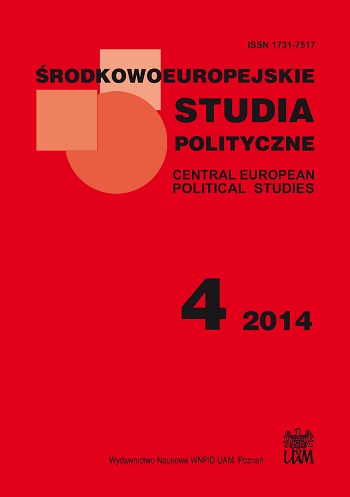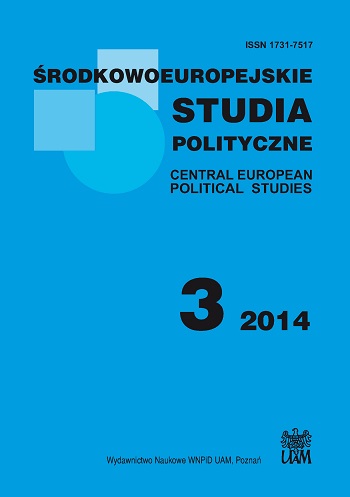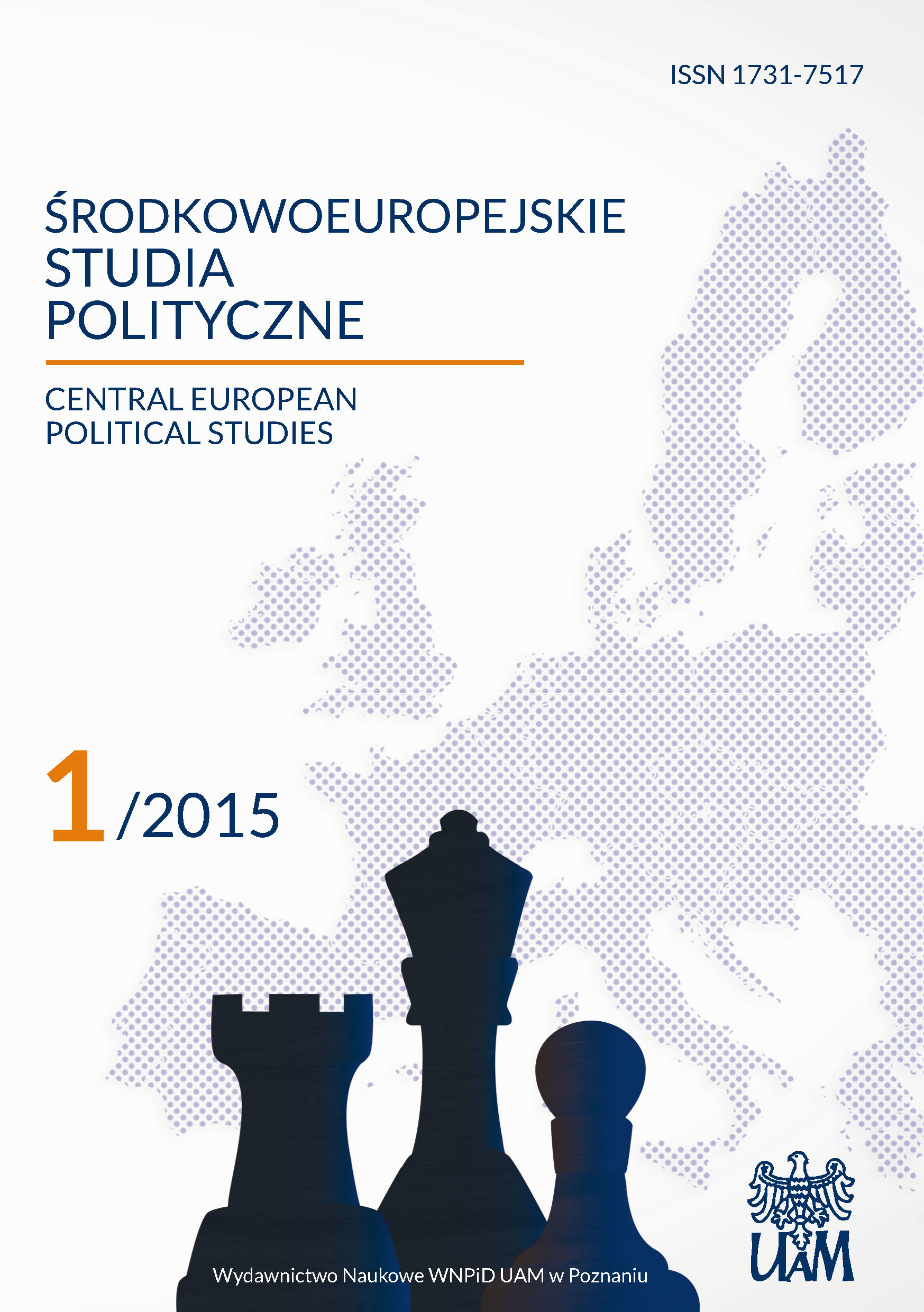
Social protests, modular revolutions and democratisation. Selected categories in the analysis of the phenomenon of colour revolutions
The so-called colour revolutions that occurred in Serbia, Ukraine, Georgia and Kyrgyzstan, among others, continue to be a bone of contention for the numerous authors trying to identify the reasons for the outbreaks, the duration and specific nature of these protests. The disputes between scholars mainly concern the detailed enumeration of the factors that caused the outbreak of these so-called colour revolutions and the overthrow of authorities, but all scholars are in agreement that the events under analysis have been caused by a peculiar composition of many factors rather than a single one. This paper concentrates on the role of factors related to two dimensions: domestic and international. The purpose of the paper, however, is not to analyse case studies or compare individual events, seeking similarities or differences between them, but to review the categories applied in the literature on the subject, their operationalisation, and an attempt at the systematisation of the current research trends as regards colour revolutions.
More...

